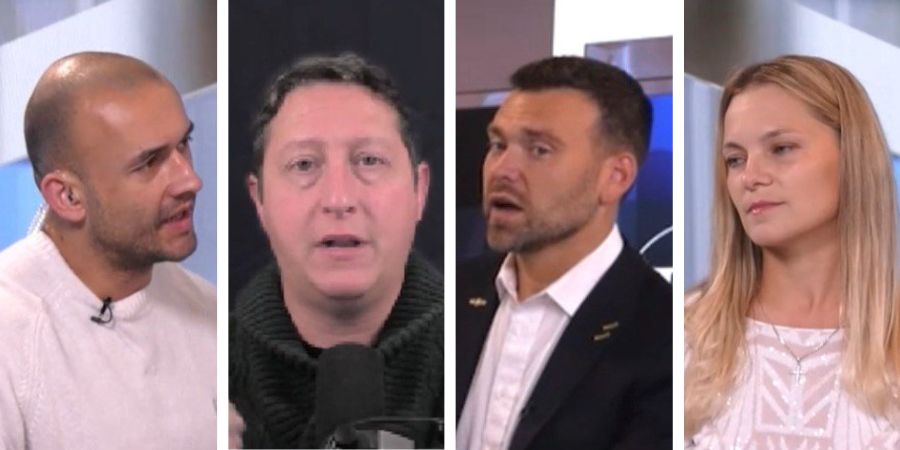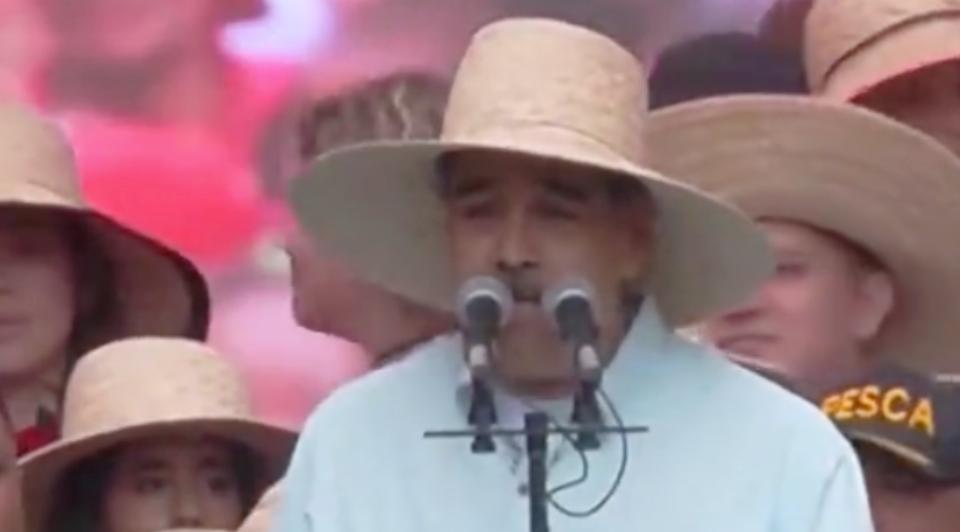If you???ve seen any discussions of patents and copyrights lately, you???ve probably heard a good deal of name-calling, including terms such as ???patent trolls??? and ???crony capitalism.??? Whenever there???s money at stake, passions run high, and there???s a huge amount of money in the patent and copyright industry.
Since the 1980s, the microcomputer, biotechnology, and the Internet have made patent protection services increasingly lucrative businesses. The boom in innovation has been accompanied by a boom in patent litigation, as more entrepreneurs and businesses sought to protect and enforce their patent rights.
Well-capitalized personal injury lawyers and former Employee Retirement Income Security Act lawyers with time on their hands have become ???intellectual property law??? experts, bringing and defending patent and copyright lawsuits in numbers that have increased with the growth in patents and copyrights granted. Some plaintiffs or their lawyers, who in some cases are one and the same, sit like the proverbial troll under the bridge, waiting to collect a toll from anyone who dares to cross.
The term ???patent troll??? was born. References to ???copyright trolls??? soon followed.
Critics of ???trolls??? paint them as greedy villains waving pieces of paper claiming entitlement to products they never made or processes they never developed in order to extort money from honest folks who actually produce things. Supporters???who may either shun or embrace the term???argue trolls protect individual inventors??? ownership rights against voracious crony capitalists intent on stamping out competition.
Legislation currently pending in Congress to address perceived imbalances is the subject of hot debate. Neither side is entirely correct.
The U.S. Constitution authorizes Congress to grant patents and copyrights, but only for ???limited times??? and for but a single purpose: ???to promote the Progress of Science and the useful Arts.??? All knowledge builds on prior knowledge. By granting limited exclusive rights to creators and discoverers, the government incentivizes them to develop, sell, and license their inventions, discoveries, and works of authorship so others may eventually build upon them.
Although both copyrights and patents are legally ???personal property,??? they differ from property rights to other items like a tractor or an office leasehold. They bear aspects of grants of government protection, the right to exclude others, again for limited times. Once a patent expires, anyone is free to make, use, sell, offer to sell, or import the patented product, which the patent must teach them how to do.
Copyright law is much more complex in this respect. Copyrights are bundles of rights that can be broken up and separately sold or licensed. A story???s author may grant one person the stage play rights, another the movie rights, and yet another person the publication rights to the exact same story. A computer programmer, or the programmer???s employer, may grant a license to use certain software but limit its use to a specified number of machines or charge a higher fee to use it on more machines or for a longer time. A motion picture producer may sell a compact disk or DVD but limit its use to home viewing purposes rather than to public performances for which a fee is charged.
Here???s where it becomes complicated: The consumer owns the book, the computer, or the disk, but not the rights to the story, the programming, or the performance.
Property rights and intellectual property rights are usually separate and distinct. Once I buy your copyrighted book or patented product, I can resell it to anyone I want for a higher or a lower price and not owe a dime for copyright infringement. I may not be able to reproduce your painting for sale without your permission, but I may resell the painting itself. And 70 years after your death, your grandchildren can republish your book as long as they don???t infringe your trademarks.
However, if I buy your patented plant seeds, I can???t use the seeds from this year???s crop to grow next years??? plants until after your patent has expired. If I buy your patented machine, I???m limited in how many parts I can repair or replace before I???ve gone from maintaining my property to infringing on your intellectual property. And if I buy John Deere???s latest tractor I may not be able to use it at all without paying Deere a fee to use the software embedded in its electronics.
That may sound outrageous to some, but it differs only in degree from my purchase of a computer that uses a Microsoft Office operating system. In that case, I own the computer, which I may freely dispose of as I choose, but I have only a license for the software and I can???t make copies of the computer???s chip.
It???s up to Congress to find a system that protects both intellectual property rights for a limited time, to foster the technological and artistic innovation that patents and copyrights are designed to allow. Only a clearheaded debate can ultimately resolve these complicated issues, not name-calling like ???trolls??? and ???crony capitalists.???
David Applegate is an intellectual property lawyer in Chicago, a legal policy advisor to The Heartland Institute, and a columnist for The Chicago Daily Law Bulletin. He writes and speaks frequently on matters of public policy interest.





